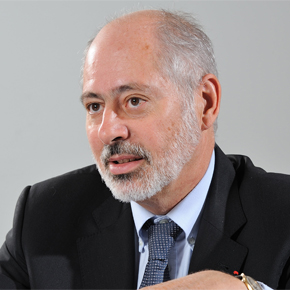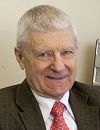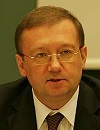 |
||
|
US Officials Say Russia Violating Missile Treaty – Report RIA Novosti, PUBLISHED July 04, 2013 US intelligence officials believe Russia is violating a Soviet-era arms-control treaty with the United States by building a new medium-range missile banned under the agreement, a conservative US website reported. US intelligence officials believe the missile, which the Russian Defense Ministry describes as a new intercontinental ballistic missile (ICBM), is actually a medium-range missile that puts Russia in violation of the Intermediate-Range Nuclear Forces Treaty (INF) concluded between the United States and the Soviet Union in 1987, the Washington Free Beacon reported. “The intelligence community believes it’s an intermediate-range missile that [the Russians] have classified as an ICBM because it would violate the INF treaty,” the conservative website cited one official as saying. The INF treaty banned nuclear and conventional ground-launched ballistic and cruise missiles with ranges of 300 to 3,400 miles (500 to 5,500 kilometers). By the treaty's deadline of June 1, 1991, a total of 2,692 such weapons had been destroyed, 846 by the US and 1,846 by the Soviet Union. Other news: China Offers Russia Floating Nuke Plant Joint Project It was proposed that a joint venture should be established with investments from both sides. Russia Eyes Nuclear Power Project in Finland – Source A government source told RIA Novosti. The transaction on consolidation of a 100% stake in Uranium One Inc. by ARMZ Uranium Holding Co. has been approved both by the Ontario Superior Court of Justice in Canada, and regulators in Russia, Australia and the USA. |
Hero of the day 
Jacques Repussard: knowledge, independence, proximity They told me: "Mr Repussard, we're not used to responding to anti-nuclear organisations". To which I replied: "We will not reveal any state or trade secrets, but we will not leave them without any answer". INTERVIEW
Georgy Toshinsky OPINION
Alexander Yakovenko |

